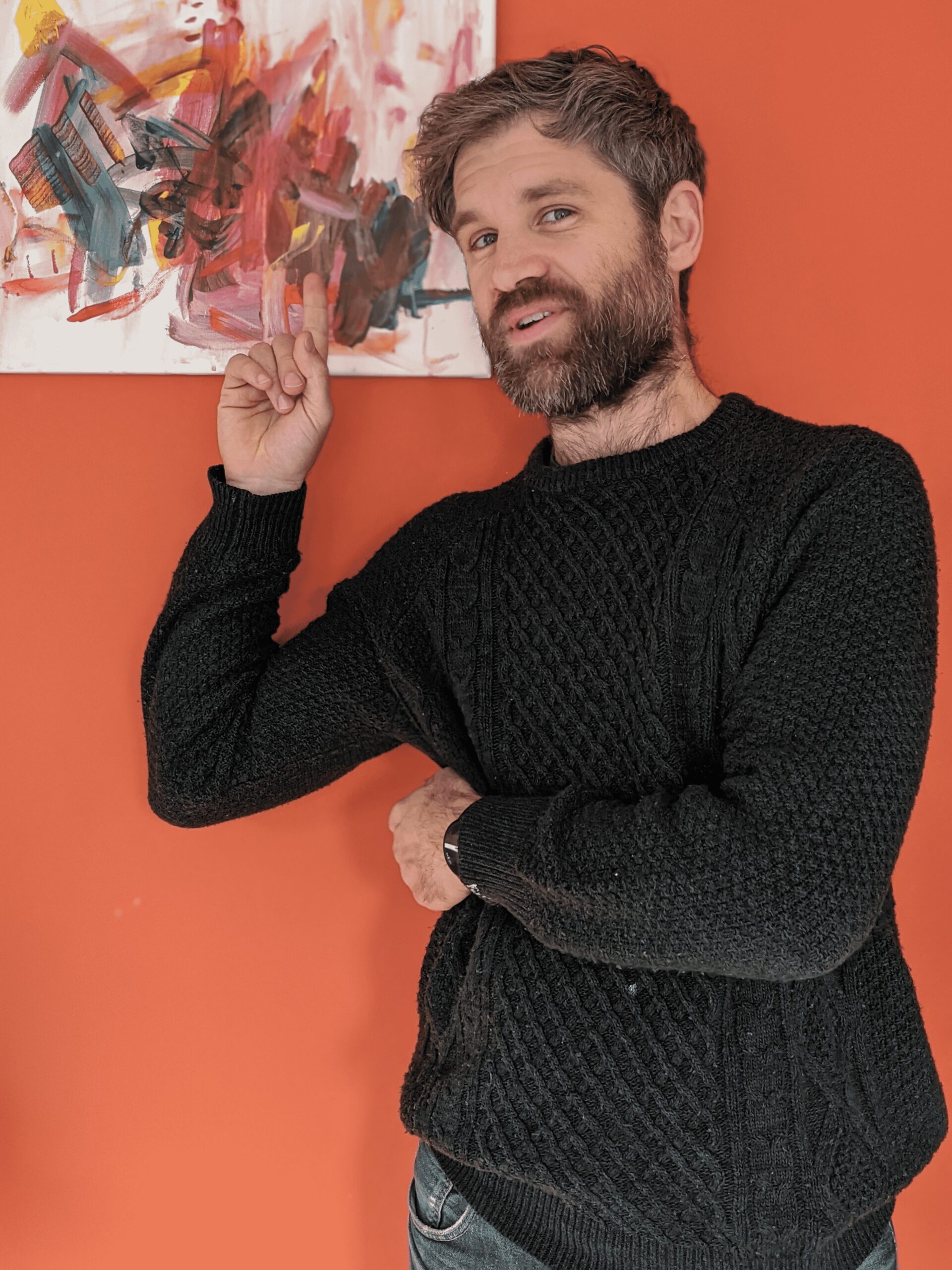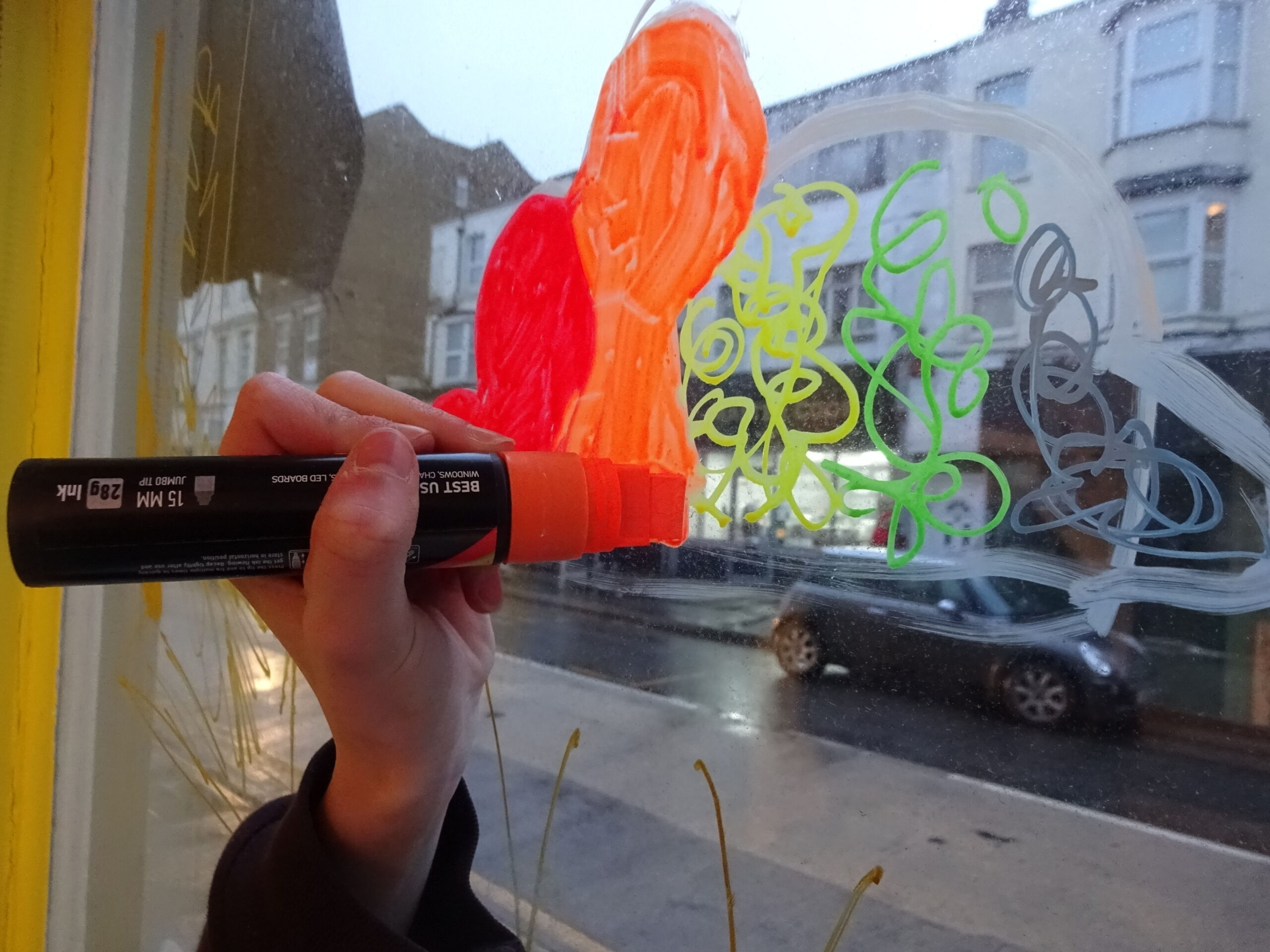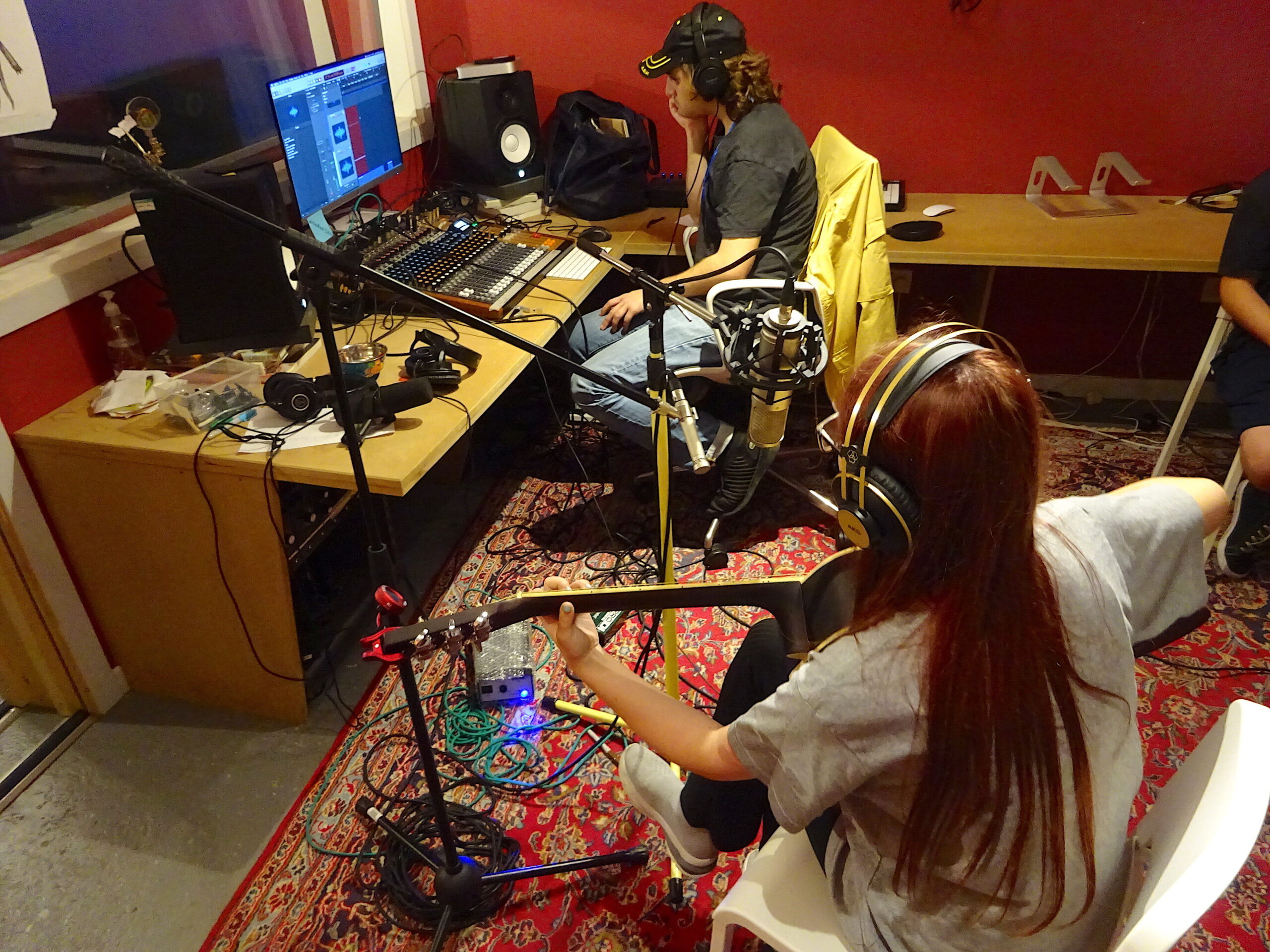A look inside the Arts Education Exchange in Thanet
In the district of Thanet, which struggles with financial issues and faces a “very low sense of worth and aspiration”, bosses at one organisation say they aim to help the youth “reconnect with their creativity”.
Currently battling with funding in their “worst year”, yet still powering on to support those who truly need it, Arts Education Exchange in Margate are standing firm and marching forward to keep up with their promise of supporting young creative minds.
The Arts Education Exchange is a charity-based organisation that gives young people in Thanet a place to use their creativity and produce all forms of art, such as music or game development.
Starting as a short arts-based learning project in 2016, and progressing to a Community Interest Company in 2017, this organisation aims to give young people a place to go when not in education and to provide them a place to “reconnect with their creativity”.
In 2019, they opened the doors to their main building, aiming their focus on working with young people who found it difficult to access mainstream education, leading to now where they are a team of 11 permanent staff who actively seek to reimagine what learning looks like.
Their approach to education is that they believe ‘creative learning positively impacts young people and their communities’.
The CEO of Arts Education Exchange, Ollie Briggs, says the main purpose of the organisation is to reconnect young people with their creative potential.

“We believe that everyone is born with the potential of creativity, but the systems around us tend to oppress that creative potential,” he said.
“We work with a lot of young people who have struggled, but the systems around them have compounded that difficulty to access their creativity, so our role is to work with young people and support them emotionally and socially and to develop their creative skills.
“I think we should be teaching creativity with the same importance as literacy and mathematics, but creativity does also run through all the other subjects in our education system.
“What we should be doing is thinking about how we can create creative schools and let teachers teach in an open ended way while embracing experimentation.
“But all of those things are deprioritised because we have a system driven on standardised testing where its all about having the answers and not the questions.”

One issue that remains prominent in Thanet, is financial issues, because of there not being much money in the district, it is hard to gain funding and keep businesses running.
Thanet being fourth highest in children living below the poverty line in the South East and a lot of people turning to debt relief indicates that the district has a lot of struggles when it comes to financial support.
When asked about funding, Mr Briggs said: “This year is the hardest year funding wise I have experienced in the last seven years, we have always been able to access some really good funding from places like the National Lottery, the Paul Hamlyn foundation and the Arts Council.
“This year has been a shift and I think that’s partly because government and public funding has been reduced quite drastically, there has been an increase in charities and more people are aiming for the same money.
“So that accessible money ends up becoming less and it becomes a competitive environment. So for those reasons, this year has been much more challenging than any year before.”
When discussing whether Thanet is a harder place for people to reconnect with their creative side, Mr Briggs said: “I think the problem is quite deep rooted in that the education systems and wider social systems haven’t resourced or supported the communities that live here to access services, to think beyond the horizon and to achieve their aspirations.
“I think there is a very low sense of self worth and a sense of aspiration, and I think it is a failure of the local services and government who haven’t provided those opportunities. I’m sure there is amazing pockets of creativity outside of these systems, but they just aren’t valued the same way.”
Listen to the full interview here:
An example of someone who was helped by Arts Education Exchange is Brandon Rendall, a local producer who came from London in 2019, and found the organisation as they opened.
“I came from Croydon with a London Mindset, and after going there, it opened up my eyes more to what goes into music, especially the producing side. It’s not just putting a few beats together, there’s a lot more to it,” he said.
Arts Education Exchange also have their own youth-led record label, Tonetic Records, of which aims to provide young musicians with a place to “develop music skills, gain performance experience, connect with others, and access vital industry knowledge”.
Mr Briggs says they are planning on making the record label more independent from the organisation and are working with a charity to allow them to do more in the future.

Featured image Credit: Kane Birch
